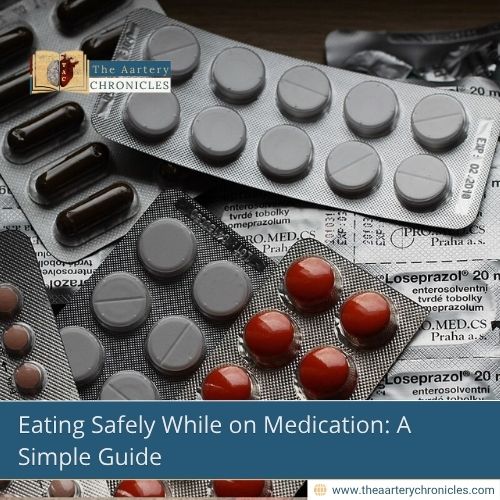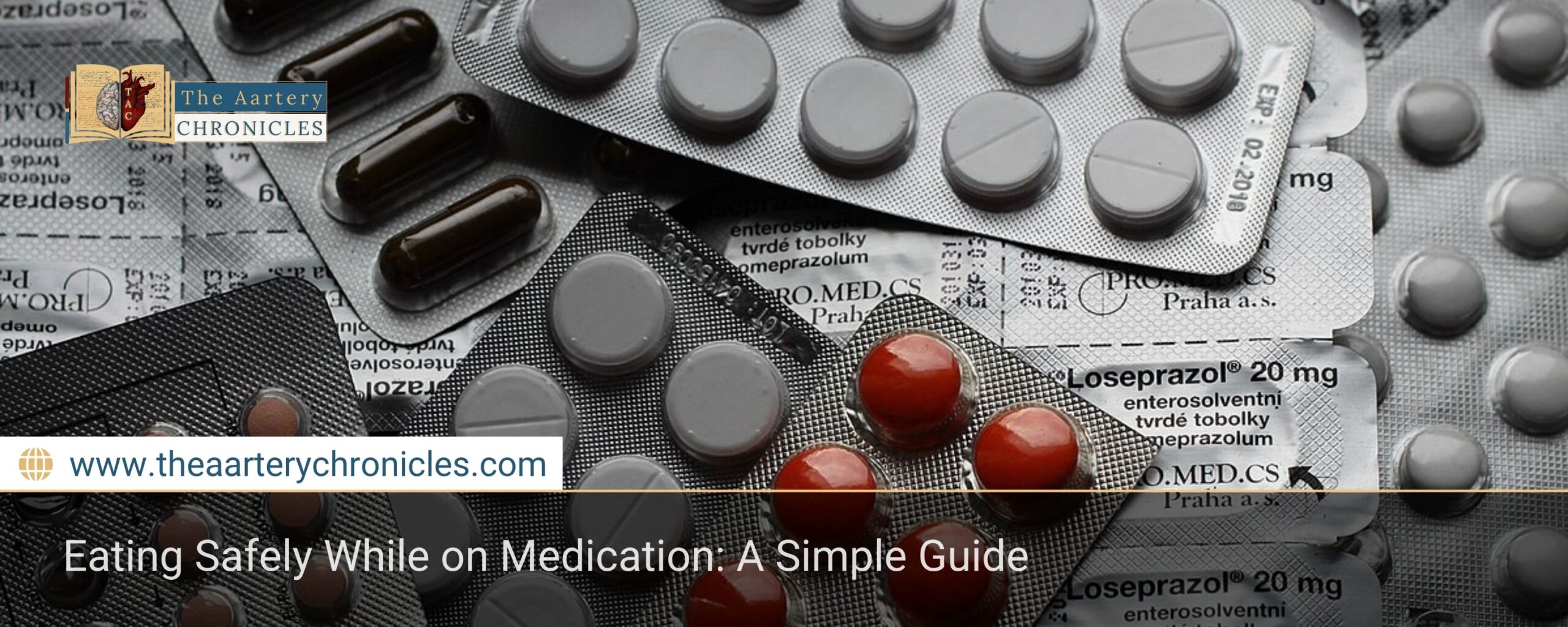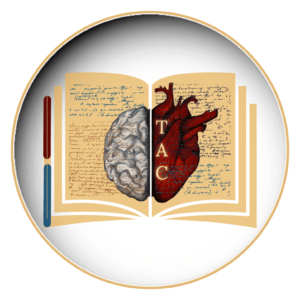Listen to this article


Eating Safely While on Medication: A Simple Guide
Introduction
Diet can significantly influence the effectiveness of the medications we take daily. Some foods can enhance or reduce the absorption of active ingredients, while others can increase the risk of side effects. For this reason, it is essential to know what to eat when taking medications, to support the body, promote gastric tolerance and avoid unwanted interactions.
Why Does Food Affect Medications?
Food can:
- Modify intestinal absorption of the drug
- Alter gastric pH or slow stomach emptying
- Influence the action of the liver (metabolizing enzymes such as CYP3A4)
- Compete with the drug for transport in the blood
Even the timing of the meal (before, during or after taking it) can make a difference.
General Rules: What To Eat For Each Drug Class
1. Antibiotics
- Eat light and easily digestible foods
- Avoid dairy products (milk, yogurt, cheese) with some antibiotics (e.g. tetracyclines and quinolones), which reduce their absorption.
- Consume probiotics and fiber such as oat, banana, and kefir to protect your gut.
- Drink plenty of water to help eliminate the medicine
2. Anti-Inflammatories (NSAIDs: Ibuprofen, Ketoprofen, Etc.)
- Do not take them on an empty stomach: risk of gastritis and ulcers
- Eat a meal rich in fiber and good fats (e.g. EVO oil, avocado, dried fruit)
- Avoid alcohol, coffee, hot spices
3. Blood Pressure Medications (ACE Inhibitors, Sartans, Diuretics)
- Avoid foods rich in potassium (e.g. bananas, potatoes, spinach) if you take ACE inhibitors or potassium-sparing drugs: you may have hyperkalemia.
- Reduce salt and salty foods (e.g. cold cuts, aged cheeses)
- Drink water but without excess, especially with diuretics
4. Cholesterol Drugs (Statins)
- Avoid grapefruit and grapefruit juice, which interferes with the liver metabolism of statins (increasing toxicity)
- Give preference to foods rich in omega-3 (oily fish, flax seeds)
- Reduce saturated fats and fried foods
5. Antidepressants (SSRIs, SNRIs, Tricyclics)
- Avoid alcohol (interferes with effectiveness and increases drowsiness)
- In some cases (e.g. MAO inhibitors), avoid fermented or tyramine-rich foods: aged cheeses, cured meats, red wine, soy.
- Opt for tryptophan rich foods such as oats, seeds, eggs, and legumes.
6. Anticoagulants (E.g. Warfarin)
- Moderate your intake of vitamin K (present in cabbage, broccoli, spinach) so as not to counteract the effect of the drug
- Maintain a regular diet, without changes
- Avoid taking supplements with ginger, garlic, or ginkgo unless advised by a healthcare professional.
General Advice For All Medications
- Always read the package leaflet or ask your pharmacist/nutritionist for advice
- If possible, take your medicine with plain water.
- Avoid grapefruit, alcohol and excess green tea, which interfere with many medications.
- Prefer balanced and not abundant meals
Conclusion
Knowing what to eat when taking medications is essential to enhance the benefits of therapy, prevent side effects, and avoid dangerous food interactions. Each medication has specific needs, but in general a balanced, varied diet free of excesses is the best ally of health.
References









